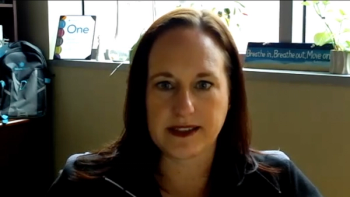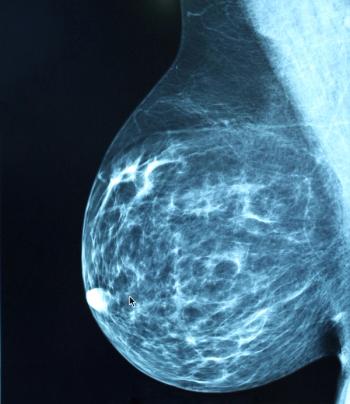
- ONCOLOGY Vol 14 No 7
- Volume 14
- Issue 7
Medicare Considers Cut in Average Wholesale Price
Donna Shalala, secretary of the Department of Health and Human Services (HHS), assured a key House Republican that Medicare and Medicaid are taking steps to cut their drug reimbursements. The two agencies-part of HHS’s Health Care
Donna Shalala, secretary of the Department of Health and Human Services (HHS), assured a key House Republican that Medicare and Medicaid are taking steps to cut their drug reimbursements. The two agenciespart of HHSs Health Care Financing Administrationare considering reductions in payments to physicians for a select group of drugs administered to patients in a physicians office. Chemotherapy drugs are at the top of the list. Shalalas announcement about unspecified reductions at some unspecified time came as news stories proliferated about negotiations between drug manufacturers and the US Justice Department aimed at settling charges of fraudulent drug pricing.
The Justice Department maintains that a number of drug companies fraudulently inflated the average wholesale price (AWP) of their drugs. Medicare pays an oncologist, for example, 95% of the AWP for chemotherapy drugs he purchases from the drug company. The Justice Department claims that the drug company deeply discounts the price of the drugs it sells to physicians, enabling them to make a windfall when Medicare pays 95% of the AWP. The Inspector General at HHS, who has made a number of reports on alleged AWP fraud, gives the example of an oncologist who pays $2.75 for 50 mg of leucovorin calcium and gets $17.52 in reimbursement from Medicare. The Justice Department claims that the drug companies inflate AWPs in order to convince physicians to prescribe their drugs. The higher the AWP, the more the physician profits. As part of his fiscal 2001 (starts October 1, 2000) budget request for Medicare, which Congress is now considering, President Clinton proposed reducing Medicare reimbursement to 83%. He made the same proposal in 1999. Congress ignored it.
Articles in this issue
over 25 years ago
Non–Small-Cell Lung Cancer Single-Agent Therapyover 25 years ago
Linezolid-A New Option for Treating Gram-Positive Infectionsover 25 years ago
Current Issues in the Treatment of Resistant Bloodstream Infectionsover 25 years ago
Changing Patterns of Infections and Antimicrobial Susceptibilitiesover 25 years ago
Ambulatory Antimicrobial Therapy for Hematologic Malignanciesover 25 years ago
Questions and Answers: Non–Small-Cell Lung Cancerover 25 years ago
Questions and Answers: Small-Cell Lung Cancerover 25 years ago
Irinotecan in Small-Cell Lung Cancer-Japanese TrialsNewsletter
Stay up to date on recent advances in the multidisciplinary approach to cancer.





































